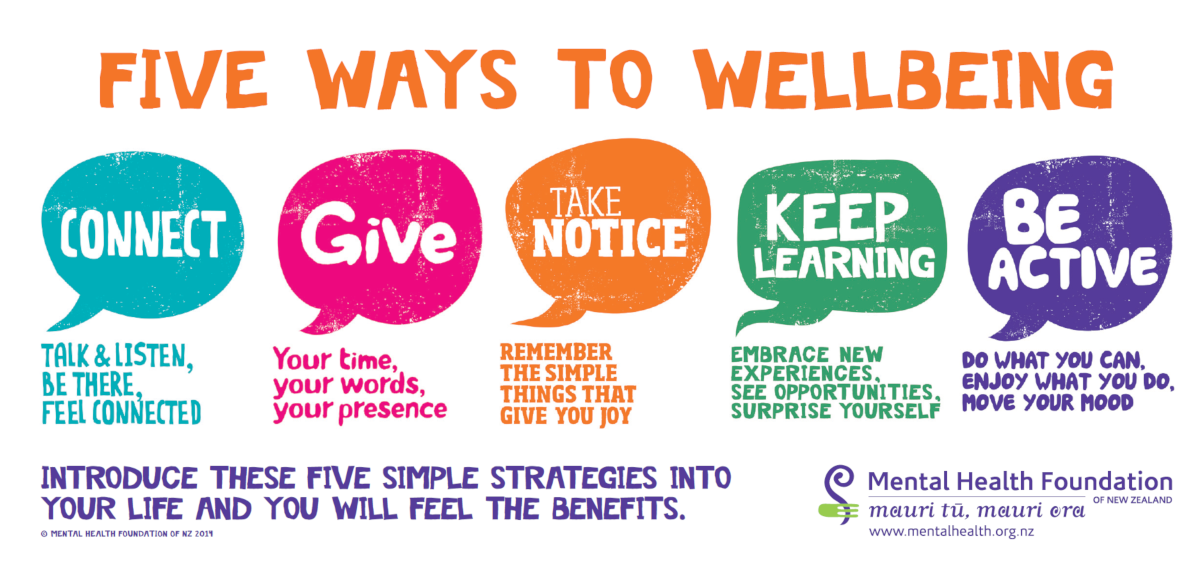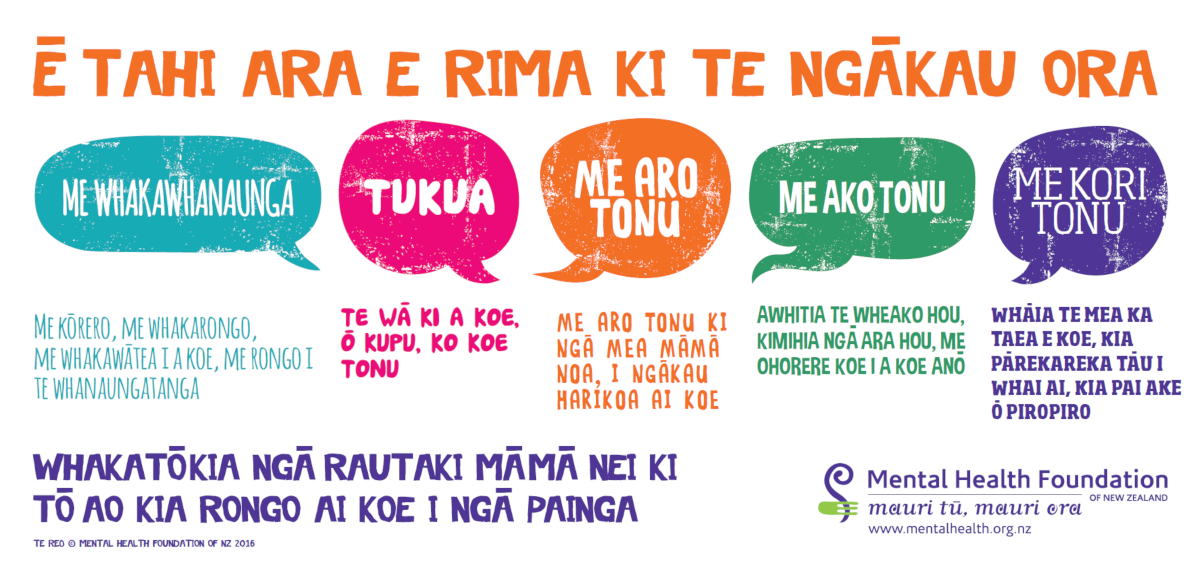‘Recovery’ means different things to different people. It can imply that people need to ‘get back’ to how things were before in order to be ‘recovered’. However, for many young people who have experienced psychosis, this is not exactly possible, because the nature of these experiences means that someone will have changed – not as a whole person, but maybe they have learned something about themselves, or made sense of their experiences, and have made changes to their lives in order to help them live a healthier life in the future. These changes can even be a positive thing, as the young people below explain:
-
Experiencing psychosis has helped me see other people’s perspectives and relate more to others. Something clicked and now I understand about relating to people. After psychosis and anxiety happened for me, I really understood what a friend had been going through with their anxiety, not just in a ‘knowing’ way but in an emotional sense.
-
Psychosis is fundamentally terrifying, traumatic and all that stuff. But I wouldn’t be here, doing so well, and being who I am today if I hadn’t been through it. It messed me up and gave me anxiety problems but it’s meant I’ve come to a great city, with a great home and with great people. It’s given me a lot more.
- 1
- 2
- 3
Types of Recovery
We think that helping people move towards wellbeing, and helping them to sustain this for the future, are important goals for Early Intervention in psychosis. Although the initial treatments may focus on helping someone get on top of their symptoms, and medication can play a really important part here, later interventions often focus on a broader range of things and help a person towards wellbeing in the following areas of life:


